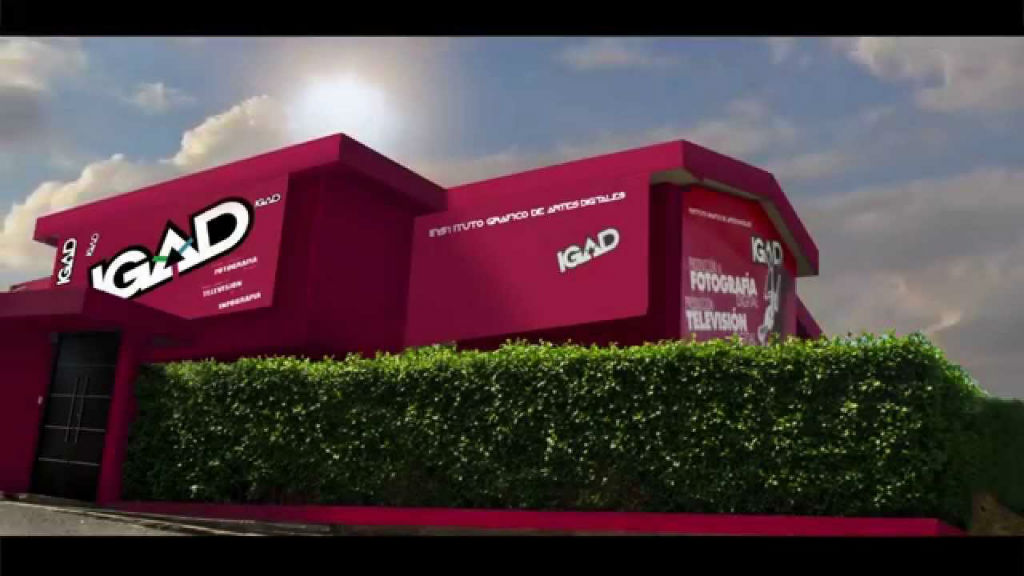
By Duop Chak Wuol
April 19, 2018 (SSNA) — One of the main reasons the Intergovernmental Authority on Development (IGAD) was formed was to maintain peace in the East African region. In its mission statement, the bloc claims that it is the premier alliance for preserving peace in the region. This is an attempt to show why IGAD has not been neutral in its quest for peace in South Sudan.
There are irrefutable problems with IGAD being the lead player in South Sudan’s peace talks. The East African regional bloc began its search for a peaceful solution in 2014 as a capable agency. For instance, in January 2014, IGAD brokered the first ceasefire agreement between South Sudan’s warring factions. The pact was praised both locally and internationally. However, the supposedly peace-loving regional entity suddenly resorted to trying to sell Kiir’s tyranny to the people of South Sudan by imposing the August 2015 power-sharing deal and passing questionable resolutions. IGAD’s protect-IGAD-head-of-states policy has enabled Kiir to commit more atrocities. In any armed conflict, a lasting peace can only be achieved with the involvement of an unbiased mediator, and only when the root causes of such a conflict are properly addressed and the rival sides compromised reasonably.
It is good to remind people that Ugandan president Yoweri Museveni proclaimed two weeks after the war broke out in Juba that the entire East African region gave South Sudanese rebel leader Dr. Riek Machar four days to accept a ceasefire offer or face a collective military action from IGAD’s member states. In addition, the Ugandan leader claimed that a deal to punish Machar was agreed upon by IGAD’s leaders in Kenya’s capital, Nairobi. Museveni was in Juba when he announced such a demanding warning to Machar. Museveni’s assertion was never echoed by any other East African leaders. It would be unnecessary for me to speak of Museveni’s support of Salva Kiir’s tyrannical regime since millions of South Sudanese were already aware of it before fighting erupted in Juba. Museveni is a documented co-founder of South Sudan’s civil war. IGAD failed to uphold its mandates as a regional player and instead empowered Kiir to keep obstructing the peace and waging his brutal campaign against the people of South Sudan. The 2015 agreement was not a plausible pact because the bloc forgot the fact that Kiir was prepared to hinder its peace implementation.
There are reasons to believe that the bloc has not been impartial in its search for peace in South Sudan. In the 2015 deal, IGAD placed too much emphasis on assigning ministerial percentages to factions of the Sudan People’s Liberation Movement (SPLM) and other political parties, and little attention to peace execution. The bloc gave Kiir’s faction 53 percent, whereas 33 percent were allocated to Machar’s group and 14 percent to Former Detainees (FDs) and other parties. One of IGAD’s blunders is that when it assigned ministerial positions to all four main groups, it thought the establishment of the Transitional Government of National Unity (TGoNU) would succeed and that the agreement would be fully implemented. The power-sharing deal also stipulated that Juba must be demilitarized and called for an external force to take over security in the capital. There was also a need to monitor locations and movements of rebel and government forces. IGAD was fully tasked with enforcing and verifying many mandates needed for peace to succeed. Nonetheless, the regional bloc failed to enforce its rules. Because of IGAD’s inaction, Juba was not demilitarized: government troops were simply repositioned into different strategic areas in the capital, and there was no third-party force running the security in Juba. Besides, when Kiir attempted to assassinate Machar in July 2016, IGAD was disgracefully silent.
As noted above, IGAD’s pro-Kiir position is real. In July 2017, the bloc shocked the people of South Sudan when it declared that it will not allow the South Sudanese rebel leader to participate in the peace revitalization talks. The reaction against its decision was loud and clear. The people of South Sudan were furious. After South Sudanese questioned the motive behind its decision, IGAD then turned around and claimed that Riek Machar’s ideas would be incorporated into the negotiations and suggested that the rebel leader send his representatives to the revitalization forum.
Most of IGAD’s actions are not those of a neutral mediator. The bloc acts as if it has been infiltrated by Juba’s regime. Any conscionable person would argue that IGAD’s position on South Sudan’s conflict has been questionable. One would argue that trusting the bloc is like trusting a cunning tyrant who tries to convince his people that his ruthlessness mysteriously evaporated into thin air overnight and that they should trust him. I know for a fact that not all IGAD’s leaders want to prevent Machar from participating in South Sudan’s politics. The people of South Sudan know Uganda and Kenya either colluded with Kiir or at least represented his interests in the bloc. Other East African nations should tell Kampala and Nairobi that IGAD is not Kenyan or Ugandan — it is East African—and that ending the suffering of the people of South Sudan outweighs their self-interests.
Is IGAD really an entity for maintaining peace in the East African region as it claims in its mission statement, or a bloc merely meant to protect the leaders of IGAD’s countries? Does IGAD conspire with Juba to prevent Machar from participating in South Sudan’s politics? Is South Sudan’s oil money being used to bribe some members of IGAD? Is there any external power influencing the bloc’s decision on South Sudan? Can the people of South Sudan still trust IGAD?
IGAD’s actions on South Sudan’s peace negotiations speak for themselves. The bloc has simply become a useful tool for Salva Kiir. Kiir uses IGAD’s anti-SPLM-IO resolutions to impede the revitalization of peace. South Sudan’s peace can only be achieved if parties to the conflict compromise fairly and their concerns are addressed in a way that is acceptable to both sides. Millions of South Sudanese were stunned when they saw the rather dubious communiqué IGAD issued on March 26, proclaiming that it is ready to lift Riek Machar’s house arrest in South Africa and that it will relocate the rebel leader to a country outside the East African region. The decision was not only baseless; it was a clear glorification of Kiir’s atrocities. The statement was clearly a resolution to protect Kiir’s regime. It baffles me that IGAD passed such a communiqué when the people of South Sudan have been patiently waiting for more than four years hoping that the bloc would find a reasonable solution to resolve the young nation’s crisis. If there are entities that hinder the revitalization of the 2015 compromise deal, then IGAD likely qualifies to be in the cluster of organizations standing in the way of peace.
Most of IGAD’s peace proposals have been conducted in secret consultations with Juba’s regime. The bloc is no longer impartial and has proven itself to be an agent for Juba’s atrocious regime. IGAD’s confinement of Machar is a colossal mistake. His house arrest did not stop the war — in fact, it only intensified the conflict. If IGAD believes it is working for a real peace in the young nation, it must utterly release Machar. Relocating the rebel leader from South Africa to a different country should not be called a release: it is merely a change of location of the same arrest. If the bloc really wants a lasting peace in South Sudan, it must also ask Kiir and other political leaders to denounce violence. IGAD’s complicity has allowed Kiir to obstruct the implementation of the 2015 deal, kill with impunity, and loot state resources. Whether Juba uses plundered oil wealth to bribe several of IGAD’s leaders is another topic. The African Union (AU) and the international community should not allow IGAD to play with the lives of innocent people by crying for peace during the day and colluding with Kiir at night. The East African regional bloc — which seems to be suffering from a crisis of credibility—is no longer a reliable body and cannot be trusted to play a leading role in the peace process. If IGAD wants to regain its credibility, then it must stop acting as Juba’s agent. Protecting a murderous tyrant is rather reprehensible.
The author can be reached at [email protected].

